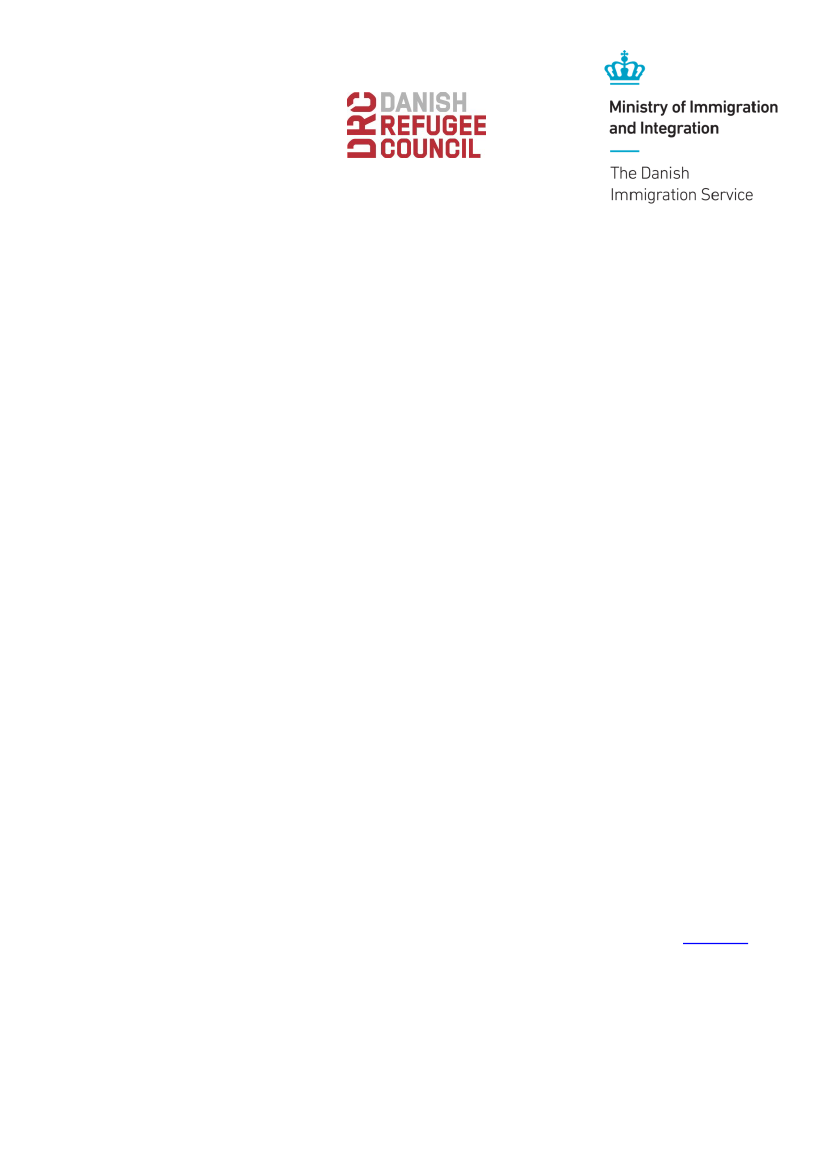
3/2018
IRAN
Issues concerning persons of ethnic minorities, Kurds and Ahwazi Arabs
Joint report from the Danish Immigration Service and The Danish Refugee Council
based on interviews in Tehran, Iran, Ankara, Turkey and London, United Kingdom, 9
September to 16 September 2017 and 2 October to 3 October 2017
Copenhagen, January 2018
Danish Immigration Service
Ryesgade 53
2100 Copenhagen Ø
Phone: 00 45 35 36 66 00
Web: www.newtodenmark.dk
Email: